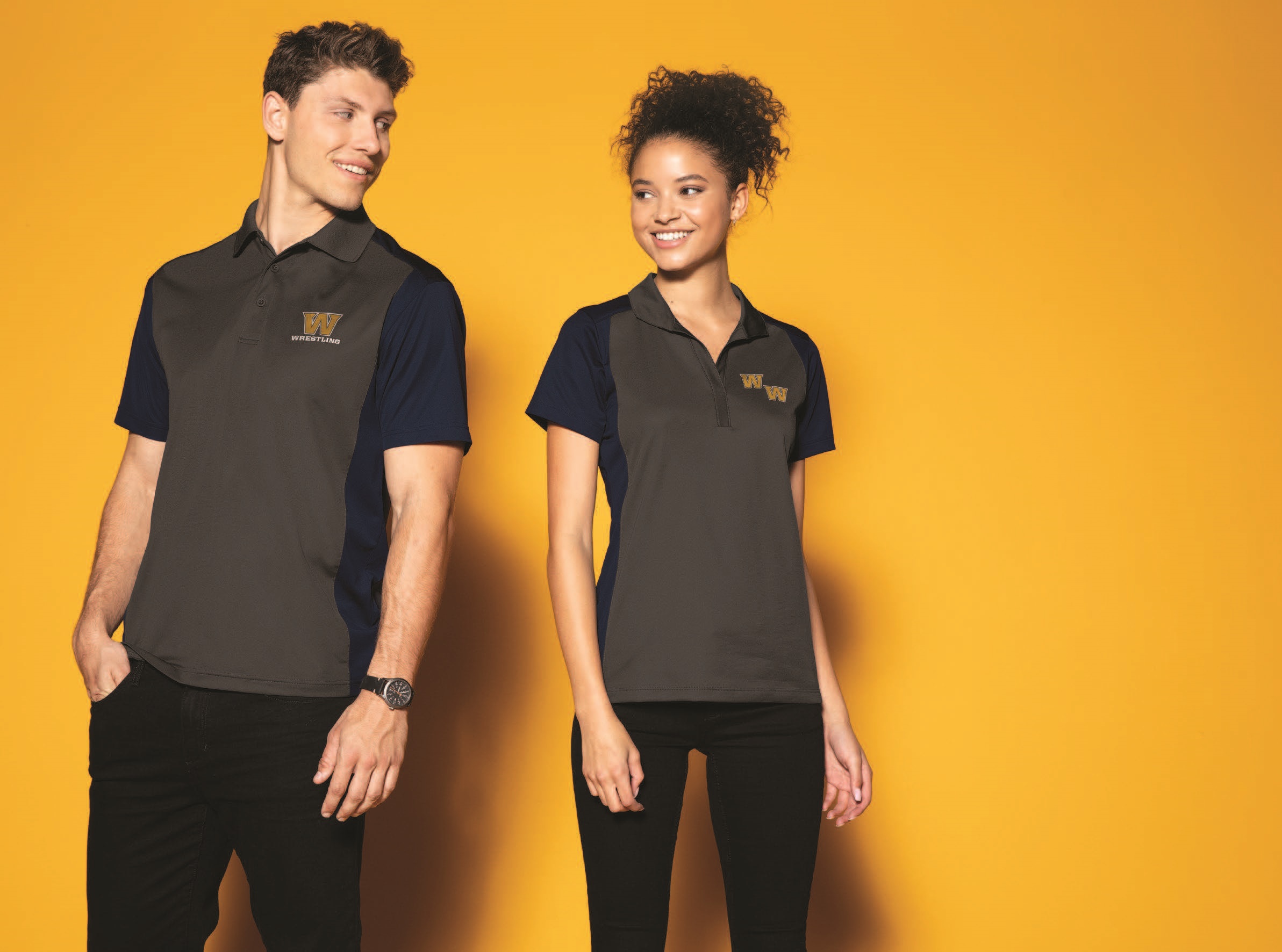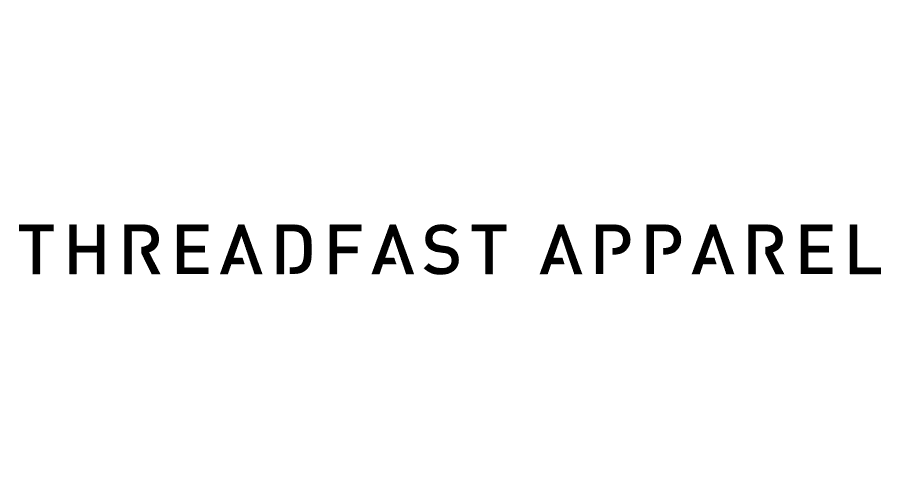With Pride Month celebrations kicking off this month, retailers have been pushing their exclusive pride merchandise collections. And while we think it’s great that more retailers and brands are showing their support, there’s an ugly truth we can’t ignore.
The New York Times recently published an article delving into the manufacturing origins of some pride apparel, and the findings aren’t exactly positive. Retailers like H&M, Target, Primark and Levi Strauss have been known to manufacture their merchandise in countries where it is illegal to be gay, or where gay individuals are regularly persecuted.
Massive retail chain Primark has faced backlash from LGBTQ advocates. The company has been selling rainbow fanny packs and sequined caps, but a statement from the company confirmed that some of the items in the collection are manufactured in China, Turkey and Myanmar. In Myanmar, being gay can lead to imprisonment.
Get Pride ready at #Primark 🏳️🌈 https://t.co/gvWKjdXbxl #pride2018 pic.twitter.com/gqyffW9us6
— Primark (@Primark) May 21, 2018
“One of the Primark T-shirts printed in Myanmar says ‘Love Is Love,’” Steve Taylor, a board member of the European Pride Organizers Association, told the New York Times. “Well, no, it’s not if you live in Myanmar.”
Primark has attempted to correct the company’s image by releasing a statement that said it would be donating 20 percent of the sales of its pride products to Stonewall, an LGBT charity in Europe. But many argue until there are changes in the countries Primark chooses to use for manufacturing, it’s not enough.
And then there’s H&M. The company introduced its first pride collection this year, featuring shorts with rainbow ribbons and “Equality”-branded tote bags. Each item features a tag that says that 10 percent of each sale will go to United Nations Free & Equal, a global campaign that promotes equal rights and fair treatment for all gender identities and sexualities. But, a statement from H&M revealed that the items were manufactured in China, Turkey, Bangladesh and India. Homosexuality is a criminal offense in India and Bangladesh. And while homosexuality isn’t a crime in Turkey, gay rights activists have said it is not safe to be homosexual, and there are no laws protecting the LGBT community.
These two are the cutest! Get these #PrideOUTLoud looks from @justincblomgren and @harperbf in select stores and online now: https://t.co/EaTmvaA1mR pic.twitter.com/P2Uv3zBf2i
— H&M USA (@hmusa) June 17, 2018
Pride merchandise has already seen its fair share of criticism. Many members of the LGBT community have pushed back against companies turning profits from pride merchandise. Clothing companies will often use language like “love” instead of using the word “gay.” It seems that while they’re comfortable profiting from LGBT patrons and support, they’re not exactly taking a stand on the big issues. And this manufacturing issue is an important one as well.
Dean Malka, president of Toronto-based clothing retailer Swish Embassy, told the New York Times he supports H&M and Primark selling pride memorabilia, because it’s a “positive indicator” in terms of acceptance. However, he does take issue with the sourcing countries.
“It does bother me if they are sourcing from countries with no LGBT protections,” he said. “If a company like ours can make the right choices to source from countries with at least basic protections for LGBT rights, I don’t see why they couldn’t.”
All in all, we think it’s great that more retailers and brands are publicly showing support for the cause, but it’s hard to look past the manufacturing issue. If small business retailers can manage to source responsibly for their pride apparel, huge corporations like H&M and Primark should be able to implement these standards as well.



